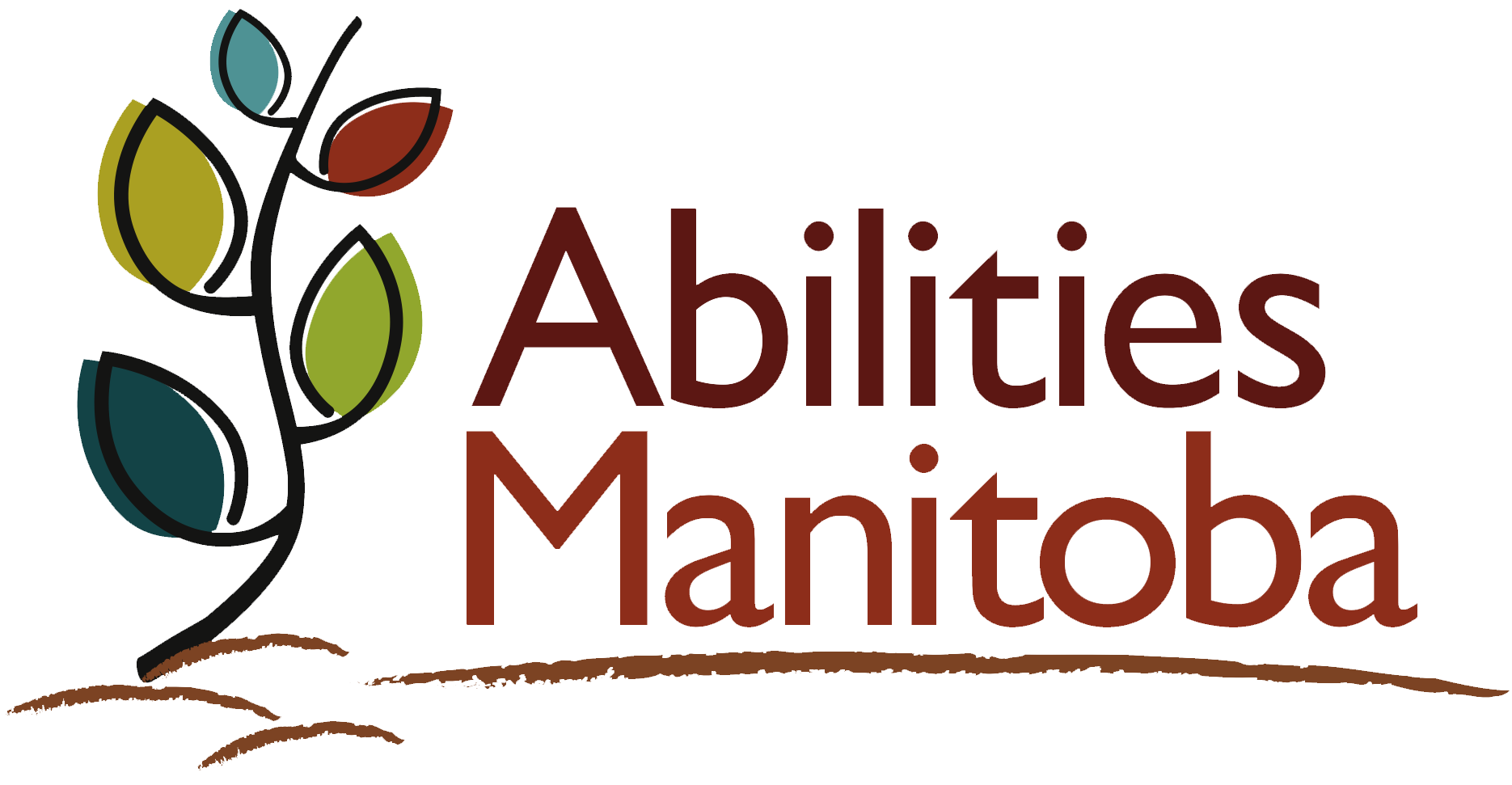Documents authored by Abilities Manitoba are available in alternative formats. For other shared documents and resources, please contact the original author. If you require any assistance please contact us and we will do our best to accommodate you.
You can contact us at admin@abilitiesmanitoba.org or 431-688-6108.
Leading Practice Guidelines
Aging & Dementia Supports
Type: Wellbeing
Guideline: Where appropriate, the organization has policies, procedures and practices that meet the needs of people as they age and are impacted by age related issues or dementia.
What does this look like?
The organization has a policy or statement on Aging in Place – or process for identifying thresholds of care that are shared with people and their families in advance of services being provided.
Staff receive training in the normal aging process, age related issues specific to the population that they serve, healthy aging, the potential signs and impact of dementia and other age related conditions.
People served and their families are supported to access information about healthy aging, age related illness and dementia as needed.
If dementia is present, emotional support and information is provided to roommates, friends and family of the individual as the disease progresses.
Screening occurs to establish baseline functioning and to identify changes in functioning as people age. In particular, this is important for those who experience increased risk for dementia such as people with Down Syndrome, history of head injuries or a family history of dementia.
Support is provided to address the environmental challenges to facilitate the person remaining in the community.
Later life planning (retirement) and supports are provided when appropriate as directed by the person and their support network. This includes supports to participate in age-appropriate generic community retirement activities with non-disabled peers.
The organization seeks health and clinical supports to address the behavioural and psychological symptoms associated with dementia.
End of life planning and supports are provided (see End of Life Guideline).
How would you know this is happening? (Evidence)
What you see in systems:
- Thorough, written policy on aging in place and/or thresholds of care along with a supportive, proactive discharge process is available.
- Orientation and training being delivered to staff/care providers in the area of aging, age related dementia and support.
- Written documentation for families on resources they can access related to aging and dementia.
- Screening results are available for people of a certain age.
What you see in actions:
- The person, their families and staff are clear on the commitment of the organization to support the person through the aging process and what needs to occur if that is not possible. This knowledge is acquired in advance of a crisis.
- People are supported to retire as needed.
- Staff have basic knowledge of warning signs and symptoms of age-related issues and dementia and are equipped with data and tools to inform the person’s health care provider of changes they are experiencing.
- Staff who are supporting someone with suspected or confirmed dementia have basic knowledge of how best to support the person given this diagnosis and are aware of resources available to learn more.
Resources to support achieving guideline:
- National Task Group on Intellectual Disabilities and Dementia Practices - helpful resources:
- Guidelines for Structuring Community Care and Supports for People with Intellectual Disabilities affected by Dementia
- Consensus Recommendations for the Evaluation and Management of Dementia in Adults with Intellectual Disabilities
- Guidelines for Dementia-Related Health Advocacy for Adults With Intellectual Disability and Dementia
- NTG-EDSD – Screening tool for baseline and changes in functioning
- Aging Framework from Manitoba Advisory Committee (PDF 481KB)
- How to best support individuals with IDD as they become frail: An international consensus statement
- List of Manitoba Provincial Trainers for NTG training (DOCX 49KB)
- Aging and Down Syndrome: A Health & Well Being Guide – The National Down Syndrome Society (PDF)
